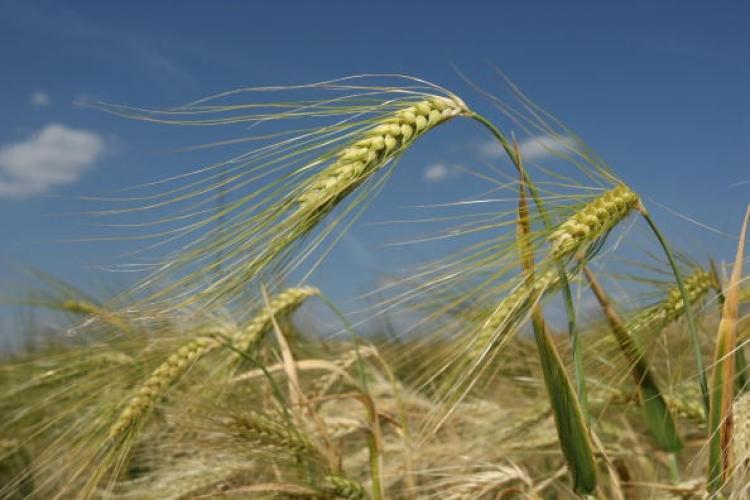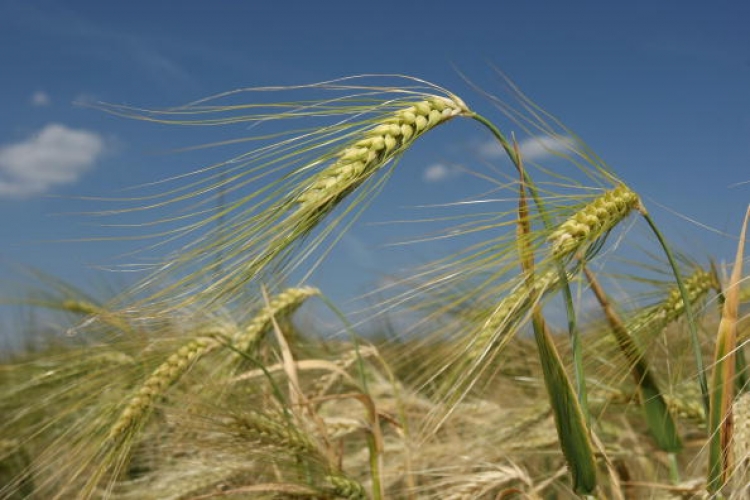Biofuels have been touted as an answer to the US and European fuel crises, but there is increasing concern that the alternative plant-derived fuels are responsible for rising food prices and may contribute to further global warming.
As the leaders of the world’s largest economies meet in Japan for the annual G8 conference, the issue of biofuels is sure to surface.
Last week a secret World Bank report, leaked to the UK’s Guardian newspaper, linked world fuel price rises directly with biofuel production.
The report, written by senior World Bank economist, Don Mitchell, estimates that biofuels have been directly responsible for a 75 per cent jump in global food prices.
Higher energy and fertiliser prices account for only 15 per cent, the report says, far less than previously estimated.
The report contradicts US Government figures that put biofuel contribution to food price rises at less than 3 per cent, The Guardian reported.
In April this year Britain put in place regulations requiring all petrol and diesel to include 2.5 per cent from biofuels. The EU is also considering raising that target to 10 per cent by 2020.
Driving People into Poverty
The World Bank report is in line with an earlier biofuels study produced by Oxfam International. The study titled Another Inconvenient Truth indicated that biofuel policies are not helping to deal with climate change or the fuel crisis and were responsible for driving 30 million people across the world into poverty.
“Biofuel policies are actually helping to accelerate climate change and deepen poverty and hunger. Rich countries’ demands for more biofuels in their transport fuels are contributing to spiralling production and food inflation,” said Jeff Atkinson, Oxfam spokesperson on biofuels in Australia.
Wheat and corn are currently the primary sources of biofuels and are the key driving forces behind rising food prices, said Mr Atkinson. He also believed that biofuels were increasing land clearing in countries like Brazil and Indonesia where palm oil plantations were grown to satisfy an increasing demand for biodiesel.
“Agriculture is moving into areas where it wasn’t before...encroaching into rainforests, into peat lands, into grasslands, all of which in the past would have been carbon sinks,” he told The Epoch Times.
Professor Steve Halls, a biologist and environmental scientist from Murdoch University, Western Australia, said biofuels have tremendous potential, but have to be produced in the context of world food needs and climate change.
“Our strategy needs to be looked at in terms of what crops can we grow, where can they be grown and under what land conditions,” he told The Epoch Times.
Professor Halls said biofuels could add value to poorer farming areas that were not viable for producing food stocks.
“If we supplement and not compete with food producing space and clearly make use of marginal land, of saline soils, of growing crops which are basically inedible to humans or animals such as some of the oilseed crops, [these] can be highly advantageous both economically and environmentally,” he said.
Holistic Lifestyle Needed
The world had to move from a fossil fuel dependent economy to incorporate a diversity of fuel sources, Professor Halls said. These included oilseeds which produce biodiesel, sugar cane which is best for ethanol, and algae which can produce lubricant oil and other oil-based products.
Professor Hall said he believed the world was at the cusp of change moving from a fossil fuel-based economy to a bio-industrial economy.
To do that, however, “would require a paradigm shift in our thinking”, he said and “a shift away from a consumptive quantitative lifestyle to a more holistic qualitative life style.”





